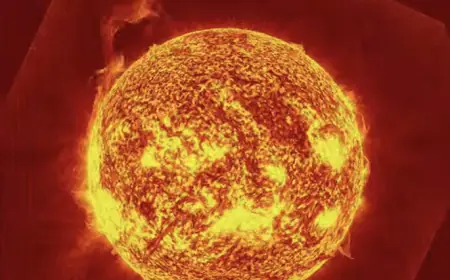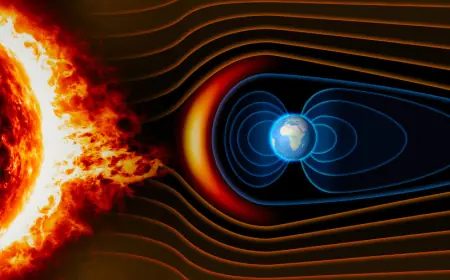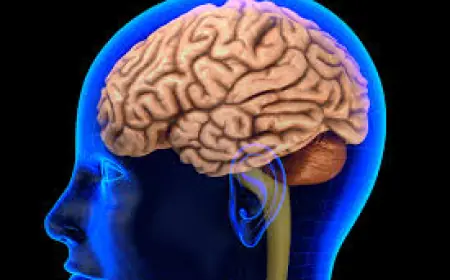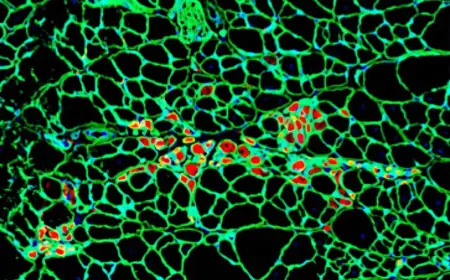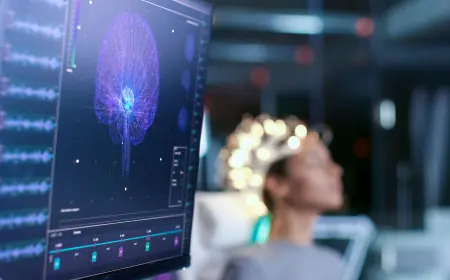How Much Memory Does the Human Brain Have — And Why It Doesn’t Really Matter
The human brain is one of the most powerful “computers” ever known — but it works nothing like the machines we build. Scientists have long tried to calculate how much memory the brain can store, but the more we learn, the clearer it becomes: memory isn’t just about storage.
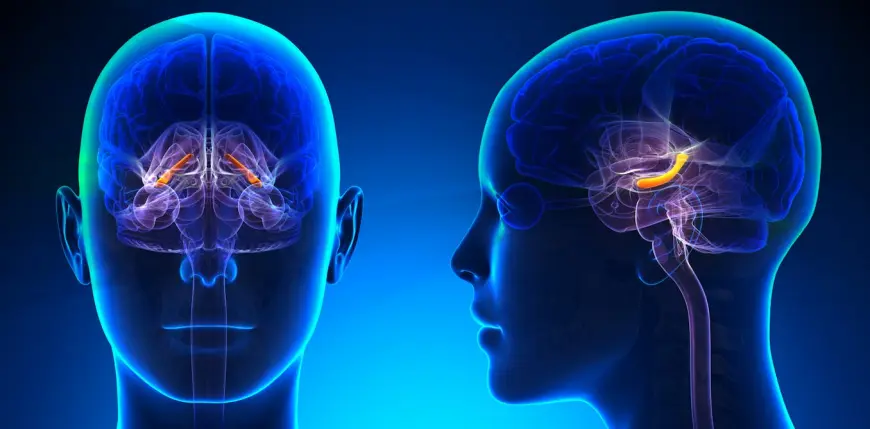
2.5 Petabytes — Truth or Myth?
Studies suggest that a single synapse in the brain can store about 4.7 bits of information. Multiply that by the number of synapses, and you get a staggering figure — up to 2.5 petabytes! That’s roughly the size of the entire internet.
But even these numbers are rough estimates. In 2024, researchers from MIT proposed that astrocytes — star-shaped brain cells — may also participate in data processing. That means our memory system might be even more complex than we thought.
The Brain Is Not a Flash Drive
We tend to think of memory like a hard drive: write, save, retrieve. But real memory works differently. Professor Nikolay Kukushkin from NYU explains:
“Memory is a decision-making tool, not a database of everything we’ve ever seen.”
Our memories change over time — and that’s perfectly normal. You might swear you wore a red shirt at a party in 2007, but it was actually blue.
Forgetting Is Essential
Today, we’re bombarded with information — news, ads, social media. If we remembered everything, our brain would crash. Forgetting is not a flaw — it’s a survival feature. It helps us focus on the important and discard the rest.
Memory evolved not to record life, but to help us survive — remember where the food is and how to avoid danger.
Bottom Line: It's Not About Volume, But Purpose
Yes, the brain may store 1 to 2.5 petabytes, but what matters is how it processes information. We don’t just store facts — we:
filter what matters,
update what’s outdated,
and build new decisions from past experiences.
Human memory is not a warehouse — it’s a dynamic tool built for adaptation and survival. A computer can’t do that.
Want more mind-blowing science facts? Subscribe to our channel for daily insights into how your brain and the universe work.

